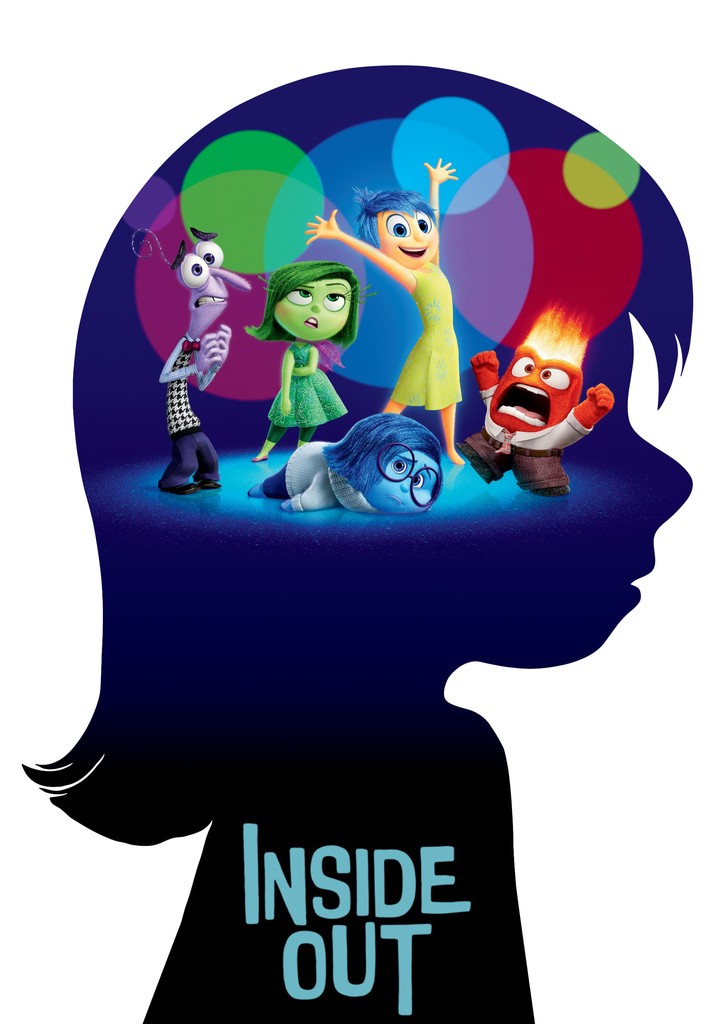
Emotions are complex. In short, emotions are defined as “self-organizing patterns of an organism, the collection of responses, many of which are publicly observable”. We all express emotions, and without them, we wouldn’t function as a species. With this in mind, the two things I watched this week, being the movie “Inside Out”, and the Star Trek: The Next Generation episode “Man of the People”, truly know how to convey emotions in a creative and respectable way.
The first thing that I watched was the movie “Inside Out”. I haven’t watched this movie ever since it came out in theaters back in 2015. I still remember that day, my sister and I watching the movie, and her crying when Bing Bong dies, and if I’m gonna be honest, I almost got teary eyed when that happened. One thing I wanna focus on are the emotion characters inside Riley’s head. The characters on Joy, Sadness, Disgust, Anger and Fear are the perfect example of basic emotions, which are defined as “a special class of emotions out if which all other emotions are compounded”. Each emotion in Riley’s head has a certain trait that they express, simplifying who they are. For example, Fear is always jumpy over the smallest things, Sadness always has a melancholy personality, which ends up being important at the end of the film, and Anger always has a mad tone to his voice. According to Pete Doctor, the director of the film, there were going to be more core emotions from the five in the film, including surprise, pride, and trust, but they were scrapped in favor of the core emotions in the movie.

I then watched the Star Trek: The Next Generation episode “Man of the People”. Honestly, after a few weeks of watching Star Trek, I think the show is starting to grow on me, and I might want to check out the show after classes are done. In this episode, the Enterprise brings in two people from a transport ship near Rekag-Seronia, Ambassador Ves Alkar, a Lumerian representative for the Federation and Sev Maylor, his mother, who seems to sense the emotions in others. So, Sev Maylor, and Deanna Troi, the Enterprise’s counselor are both empaths, which I found hilarious, because I mentioned the whole concept of empaths in one of my previous blog posts. Anyway, when Sev Maylor dies, Ves Alkar and Troi perform a grieving ritual, which was Alkar’s excuse to take over Troi’s body and dump all of his negative emotions on to her. Troi”s slow descent is a perfect example of James-Lange’s theory of emotion. In short, the theory states that “bodily changes come first and form the basis of an emotional experience. Thus, emotions are caused by bodily sensations”. So, as Troi is rapidly aging, her negative emotions are becoming for erratic, causing the aging process to rapidly advance until Troi dies. So, when Ves Alkar gets all his negative emotions placed back onto him at the end of the episode, his body rapidly ages until death.
